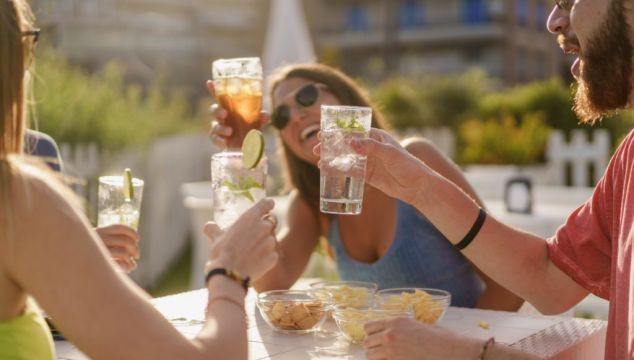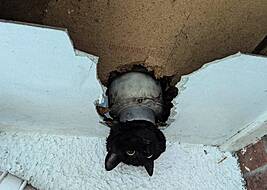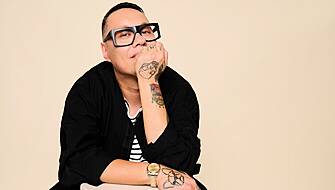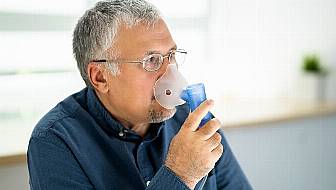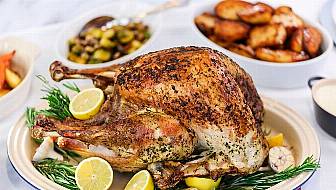Many people – particularly those of Gen Z – are choosing to abstain from drinking, and not just for January.
#Sober has 4.4 billion views on TikTok and #soberlife has 1.2 billion, so it’s no surprise that there’s also a rise in sober influencers across all social media platforms.
Whether you want your weekends to involve less hangovers, feel like booze is doing more damage than good, or simply want to feel healthier, maybe these influencers will inspire you towards the tee-total life too.
Millie Gooch, founder of The Sober Girl Society
“I stopped drinking in 2018 because of the effect alcohol was having on my mental health,” says Gooch, author of The Sober Girl Society Handbook. “Not only did alcohol exacerbate my anxiety and depression, but it made dealing with my mental health issues really difficult because it became hard to untangle among the alcohol use.
“It sounds rather gushy, but there isn’t one part of my life that hasn’t improved because of not drinking. From my friendships and finances to my physical and mental health, my life has only upgraded since binning booze.
“Sobriety means I no longer cancel plans. I’m not labelled as the ‘flaky friend’ or the one who’s ‘a little bit of a liability’. I can’t even begin to count the number of times where drinking or subsequent hangovers have resulted in me bailing on things at the eleventh hour or, if against all odds, I actually managed to turn up, I’d still be too hungover to actually function as an effective human.
“When I turn up to things now I’m caring and attentive. Instead of heading straight to the bar at a birthday party or asking the host of the baby shower if there’s any prosecco, I offer to help. I ask if I can lend a hand with the food, the washing up or driving someone’s Nan home.”
Michael Sargood, @happywithoutthehooch, and founder of Sober Socials
View this post on Instagram
Advertisement
“I’m now 22 months sober, though this is not my first attempt at sobriety, having sought the holy grail of moderate drinking for the best part of 20 years – and ending up using the services of my local drug and alcohol centre,” Sargood says.
“Although sobriety hasn’t been the cure-all to all my challenges, I now understand my brain better,” he says, having got an ADHD diagnosis since becoming sober. “I know why I find certain tasks challenging, but also why I can be very creative. I am more forgiving of myself when I make mistakes, and I no longer try to mask my eccentricities.
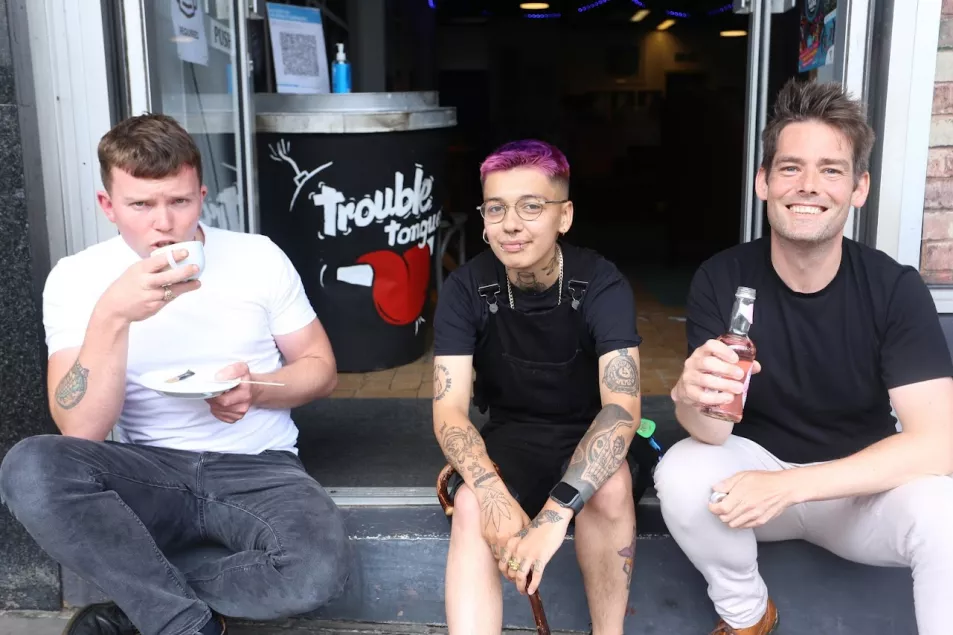
“Going sober has also transformed my social life. Previously, it had revolved around pubs, [but] these days I seek out alcohol-free events, which there are an increasing number of.
“I go to booze-free comedy clubs, day raves and brunch meet-ups. My circle of friends has changed and I feel our friendships are deeper because being sober enables us to connect properly rather than just bond casually while we poison ourselves.
“Despite sobriety having a reputation of being boring, most of us who have gone sober have been hell-raisers and party animals. That side to us doesn’t stop just because we’re not drinking.”
Lauren Amy White, ambassador for Recoverlution
“Going through a really tough time growing up, I always had a problem with excess of alcohol, food and drugs, which led me to some pretty dark places,” says White. “This triggered depression, anxiety and feeling hopeless. It wasn’t until I went into rehab at 18 that I changed my life and decided to get sober.
“Getting sober has changed my life so much that I can actually look in the mirror and tell myself I love myself. It’s given me this element of growth and [I’m] the best version of myself I can be. Sobriety is not just about alcohol. It’s about giving yourself the best possible chance to be truly happy and connect with who you are.
“I’m reliable, I’m able to be more aware now, and I’m also able to help others get out of the darkness that I went through by working with platforms such as Recoverlution (recoverlution.com).”
